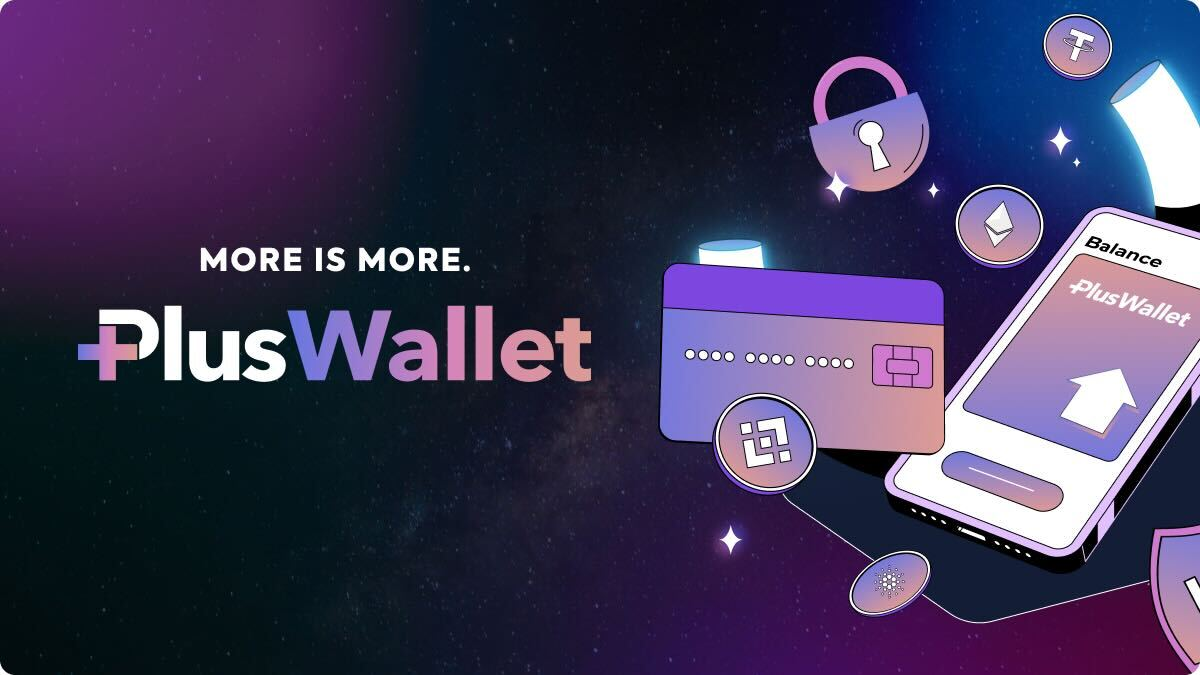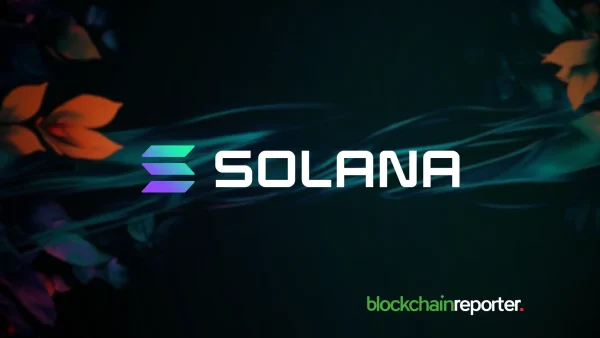- 1. 1. Plus Wallet: The All-in-One Solution with Rewards & Security
- 2. 2. Crypto.com DeFi Wallet: DeFi Made Simple
- 3. 3. Phantom Wallet: A Solana-Focused Wallet
- 4. 4. Tonkeeper: A Gateway to the Growing TON Ecosystem
- 5. 5. OKX Wallet: Multi-Coin Support & Exchange Integration
- 6. The Best Wallet: Which One Fits All Needs?
Bitcoin’s price has recently jumped above $72,000, nearing its all-time high. For everyday traders, this is an exciting opportunity to maximise their gains as the new crypto bull run is on. For this, traders need a secure, easy, and efficient wallet. But traditional wallets aren’t enough for this.
Users need a wallet that offers advanced features like cross-chain access, along with essential elements such as strong security, ease of use, and flexibility. While many wallets provide some of these benefits, can any option combine them all?
This article will examine five of the best crypto wallets currently available—Plus Wallet, Crypto.com DeFi Wallet, Phantom Wallet, Tonkeeper, and OKX Wallet. This will help users determine which is the best choice for flexible trading and maximum profits.
1. Plus Wallet: The All-in-One Solution with Rewards & Security
Plus Wallet, available on iOS and Android, is a multi-crypto wallet that supports major networks like Binance, Ethereum, Bitcoin, Ripple, Polkadot, and TRON. The wallet’s simple mobile interface makes it easy for everyone, from beginners to experienced traders, to manage their crypto on the go. It also offers robust cross-chain access, allowing users to trade across different networks without the hassle of switching between multiple wallets.

In terms of security, Plus Wallet offers strong features to keep users’ funds safe. Private keys are encrypted and stored locally on users’ devices, meaning only they can access their funds. The wallet also includes two-factor authentication for extra protection if a device is compromised.
However, Plus Wallet truly stands out for its passive income capabilities. Users earn rewards on every trade they make, with no limits on how many trades they execute. They can also earn rewards every time their referrals trade. This mix of easy-to-use features, solid security, and earning potential makes Plus Wallet one of the best crypto wallets for managing crypto assets on the market.
2. Crypto.com DeFi Wallet: DeFi Made Simple
The Crypto.com DeFi Wallet is a non-custodial crypto wallet. It supports various cryptocurrencies and NFTs and includes features like staking, lending, and swapping. The interface is designed to make managing DeFi assets straightforward.
However, there are some drawbacks to consider. Since all transactions are processed on-chain, it often requires a long confirmation time. Additionally, the wallet may not be suitable for those who prefer complete decentralisation, as Crypto.com, a major crypto exchange, manages various aspects of the wallet as the wallet custodian.
3. Phantom Wallet: A Solana-Focused Wallet
Phantom is a user-friendly wallet initially designed for the Solana blockchain, with added support for Ethereum and Polygon. The wallet offers smooth navigation and fast access to popular Solana applications, which is helpful for NFT collectors and DeFi enthusiasts within the Solana ecosystem.
However, its multi-chain support is limited, which may not suit users managing a wide range of assets. Though it has a mobile app, many users still find it best suited for desktop use. Additionally, since it relies heavily on Solana, any network issues there can affect Phantom’s performance.
4. Tonkeeper: A Gateway to the Growing TON Ecosystem
Tonkeeper is a non-custodial wallet specifically for the TON blockchain, offering a secure and user-friendly way to store and manage TON-based assets. It allows seamless integration with TON-based dApps, making it easy to participate in the expanding TON ecosystem.
While it excels in managing Toncoin and related tokens, its focus may not appeal to users seeking a multi-currency wallet. Additionally, since the TON ecosystem is still evolving, there are uncertainties about its future growth and compatibility with other platforms.
5. OKX Wallet: Multi-Coin Support & Exchange Integration
OKX Wallet is a flexible cryptocurrency wallet that supports multiple coins and integrates easily with the OKX exchange. It offers staking options and effortless access to DeFi services. Its popularity comes from the variety of supported assets and simple access to exchange features.
However, as a centralized wallet, it has its downsides. Users may face risks from large data breaches that can compromise their assets. Additionally, they do not have full control over their private keys, relying on the platform for security.
The Best Wallet: Which One Fits All Needs?
Each wallet brings something unique to the table. Phantom and Tonkeeper are excellent choices for users focused on specific networks, but they may not suit those with multi-chain needs.
In contrast, OKX and the Crypto.com DeFi Wallet provide broad asset support. However, users may have to compromise on control and security since both wallets are closely linked to their respective exchanges.

Last but not least, Plus Wallet is an easy-to-use option that gives users the freedom to engage in various crypto activities with cross-chain access, while actively growing their income. Ultimately, the final choice depends on the users’ needs. In the fast-moving crypto world, the best crypto wallet to see gains is the one that combines flexibility, convenience, and security all in one platform.
This article is not intended as financial advice. Educational purposes only.

















